Teaching Conversational English in Beja, Portugal – A Personal Narrative
Richard Lee, a retired business journalist from Connecticut, shares his enriching experience volunteering in Beja, Portugal with Global Volunteers. Richard details his week teaching English in local schools and a correction facility. He describes the historic charm of Beja, the welcoming community, and the deep connections he formed with students, teachers, and local people. In this blog post, Richard highlights the impact of cultural exchange and the joy of volunteering, culminating in his anticipation for future volunteer adventures.
By Richard Lee
Beja, Portugal? Where’s that? I’ll look at the map! Well, why not? I’ve never been to Beja, and working with teachers in the Beja schools might be interesting.
A few months later, after three nights at the Hotel Acores in Lisbon, I was on an eastbound bus to Beja and the warm welcome of Joe Testa, Global Volunteers’ Portugal Country Manager.
Only a few minutes later after a short walk, we were in downtown Beja, a town of 35,000. In the process, Joe filled me in about my duties and what to expect for the upcoming week, as well as the inspiring history of the ancient farming town.
After checking into the Hotel Bejense, a comfortable and well-equipped family-owned hotel, minutes later I was outside the walls of Beja Castle, a 14th-century stone edifice built on the ruins of a Roman fortress.
Beja is a very walkable city, and there are points of historic interest nearly everywhere you turn. And Joe was kind to walk with me to the schools where I would be teaching.

Joe explained that I would be sharing teaching duties with Suzanne Holland, who was continuing after volunteering with Global Volunteers the previous week with six others. To make certain that I would not get lost on my first day, Joe escorted me to the local prison – yes prison – where after going through an intensive security check, I met with three inmates and their teacher, Paula Lanca, a veteran teacher who had a great rapport with her students.
I soon learned that grammar and syntax were far from the top of their priority list. The students wanted to hear about living in the U.S. and my life as a retired journalist! For the second half of the class, I was the student as they gave me a quiz about the history of Portugal. I found out that I had a lot to learn.
The remainder of the week’s classes were in more conventional school settings – and I visited some of them twice. The classes ran from eighth grade into high school with several focusing on the hospitality industry. Like the fellows at the prison, these students had an insatiable interest in the U.S., my hometown of Stamford, Ct. (a 45-minute train ride to New York City), and my newspaper career.
Armed with videos about Stamford, and information about the University of Nevada-Las Vegas hospitality program (I knew from my job as a business journalist), I was ready to go! I loved talking with the kids and working with their teachers.
All the while, I congratulated the students on their desire to learn English, and I emphasized how it would benefit them in their search for a career. I told them this was particularly true if they wanted a career in hospitality as Portugal grows in popularity among tourists.
The teachers – all women – were tremendous, and I did my best to follow their lead. As a certified English as a Second Language teacher, my admiration for teachers soared. I stay in touch with the teachers, emailing them teaching materials.

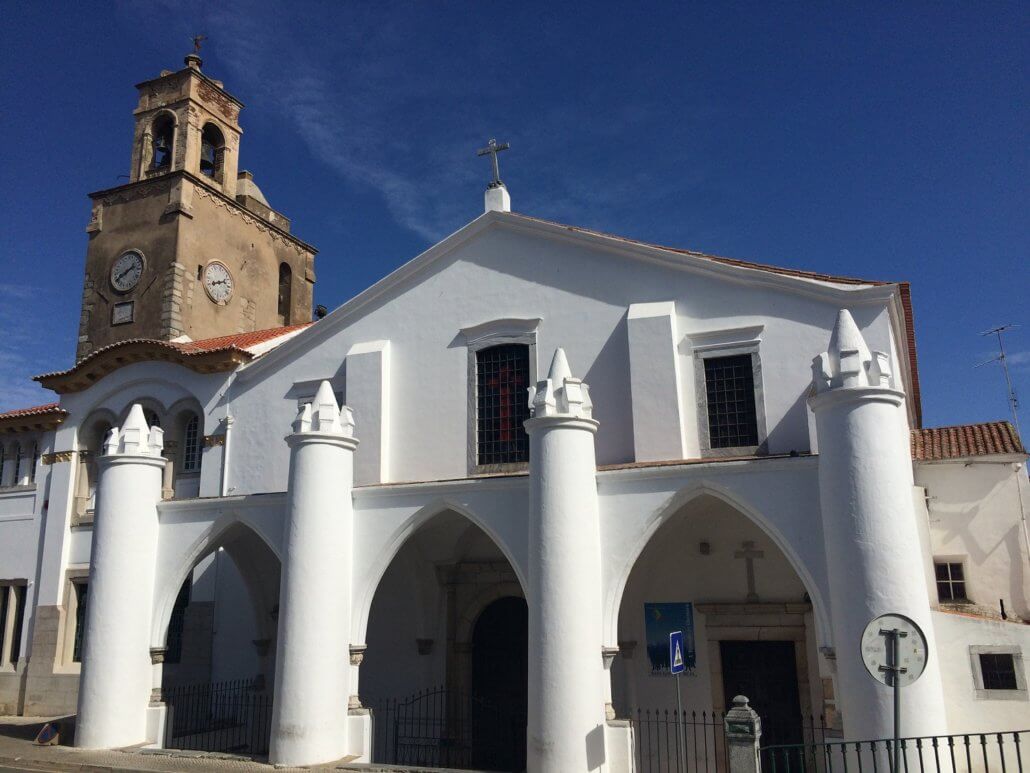
My time wasn’t entirely spent in the classroom, as I had a chance to explore the historic city, which was established by the Romans and occupied by the Moors.
I discovered many interesting sites while walking along centuries-old narrow streets, and thanks to Joe and Suzanne, savored Portuguese fare with new-found friends in local restaurants.
Joe, who has established friendships with people in the city during his many visits, introduced me and Suzanne to some wonderful, welcoming residents, who relished sharing their homes, time, culture, and dining experiences with us.
While volunteering with Global Volunteers to teach in a classroom or break a sweat on a community project is a wonderful experience, it’s also an opportunity to share ideas over a meal, understand a culture, and make new friends.
Previously, I volunteered with Global Volunteers in Aguadilla, Puerto Rico, working with students at the University of Puerto Rico and a non-profit called For Such a Time as This.
Next month, my lifetime partner, Jane, and I will go on another Global Volunteers adventure, working with Ukrainian and Polish children in Siedlce, Poland.
We can’t wait!
Teach conversational English in Beja, Portugal
Practice conversational skills – pronunciation, vocabulary, idioms, sentence structure, and the like. Choose assignments in public elementary and secondary schools, or with young adults in high schools or the university. You may also tutor adult community members one-on-one in the local library or in small groups in the correctional facility. Each year, more and more classrooms are requesting volunteers as important student resources. As a native English speaker, you don’t need any formal teaching experience. You use the standard curriculum texts and established lesson plans and at other times your lessons will become more free-form. For example, you may discuss North American culture, including discussions on history, daily lifestyle, sports, and school systems with your students. All contribute to mutual international respect and unity!
You may also like:

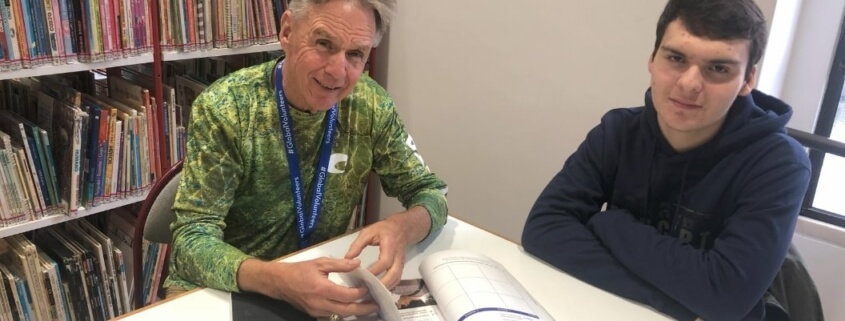
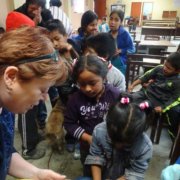
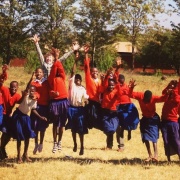
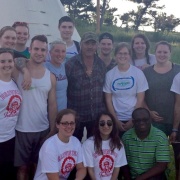
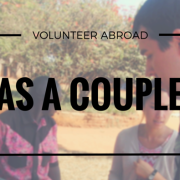
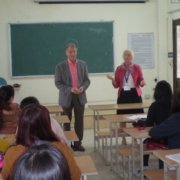
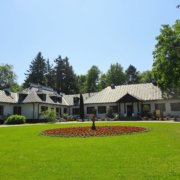
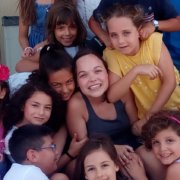
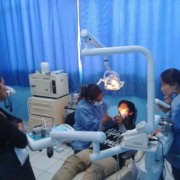


Leave a Reply
Want to join the discussion?Feel free to contribute!